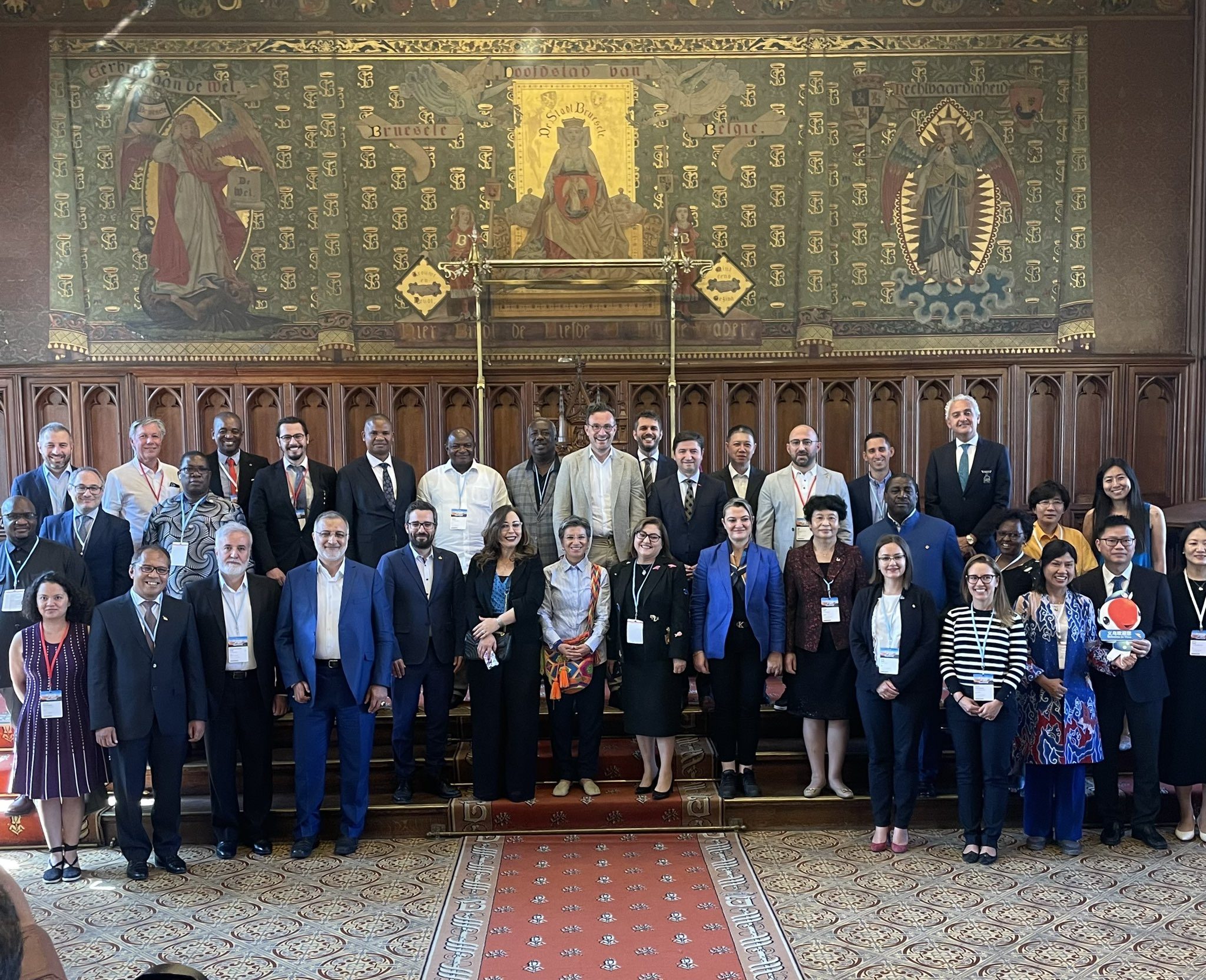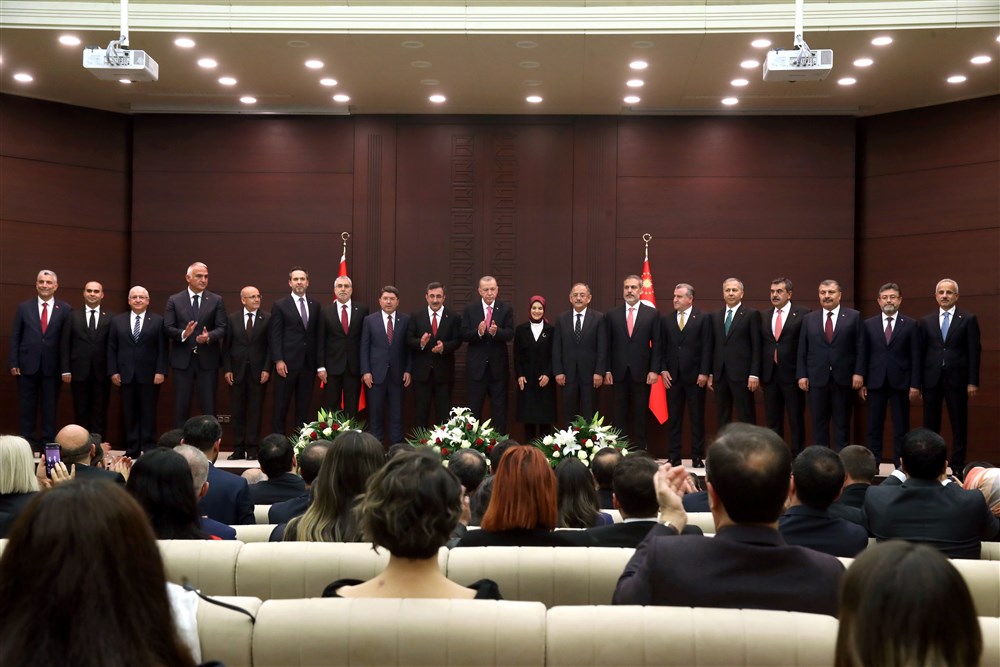Spyware has been found by Belgian police on several smartphones belonging to Belgian magistrates and police officers, including the phone of Michel Claise, the magistrate who is leading the investigation into Qatargate in Brussels.
The Belgian public broadcaster RTBF said sources had confirmed the police officers and magistrates have been made aware that their phones were compromised.
Contacted by Brussels Signal, a Belgian Federal Prosecutor’s Office spokesman said he couldn’t comment on an active investigation. However, he did point out that officials have been instructed to take precautionary measures, for example by not bringing smartphones into meetings.
Amid concerns over spyware on devices, phones belonging to prosecutors, investigating judges, police officers and judicial staff were subject to extensive analysis by the Computer Crime Unit of the Belgian Federal Police. The unit specialises in complex forms of cyber criminality and, in several cases, the fears over spyware turned out to be well founded.
Phones hacked with spy software can be taken over by third parties bypassing encryption, enabling hostile operators to read messages, download photographs, contact lists and access recorded conversations.
As well as Claise’s smartphone being infected with spyware, other magistrates and police officers have been informed of the same situation with their devices. The RTBF said it was unsure of the exact numbers involved.
Observers say it seems plausible that Belgian services were being spied upon in the context of Qatargate, the alleged cash-for-influence scandal in the European Parliament involving Qatar and Morocco.
The fact that Morocco is suspected by experts of using the spy software Pegasus on a large scale fuels such concerns but Morocco is by no means the only country that might have used Pegasus, observers say.
On the other hand, some traces of infection are believed to predate the start of Qatargate, which implies hostile players are not solely targeting the corruption case.
Pegasus is spyware developed by an Israeli cyber-arms company many say has a notorious reputation. The algorithm is named after Pegasus, the winged horse of Greek mythology. It is a so-called ‘Trojan horse’ computer virus that can be sent “flying through the air” to infect mobile phones.
The existence of Pegasus came to light in August 2016 when an unsuccessful attempt to install it on the iPhone of a human rights activist prompted an investigation that revealed information about the spyware, its capabilities and the security vulnerabilities it exploited.
The news of the spyware discovery prompted extensive media attention, earning it the title of the “most sophisticated” smartphone attack system to date.





